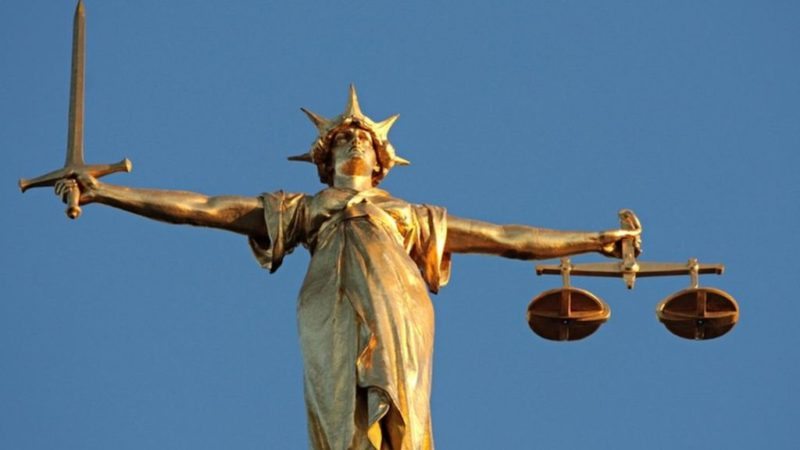Court Rules UK Snooper’s Charter Illegal
Ashley Allen / 8 years ago

The highest court in Europe has ruled that the UK’s draconian new mass surveillance bill, passed into law last month, is illegal. The case against the Investigatory Powers Act – nicknamed the Snooper’s Charter – was brought by Conservative MP David Davis – now the Government’s Brexit Secretary – and Labour MP Tom Watson, and was supported by human rights and privacy groups Liberty, the Law Society, the Open Rights Group, and Privacy International.
The case was won in the UK High Court last year, but the government appealed to the European Court of Justice (ECJ) in Luxembourg. The ECJ has concurred with the High Court, ruling that the Snooper’s Charter, which requires the UK’s telecoms and ISPs to collect and store twelve months’-worth of data for every resident in the country, is illegal for its “general and indiscriminate retention” of user data.
While Davis recused himself from the case following his ascension to the Government’s Front Bench, he had previously accused the UK Government of “treating the entire nation as suspects.” The ECJ, like the High Court before it, agrees.
“The interference by national legislation that provides for the retention of traffic data and location data with that right must therefore be considered to be particularly serious,” the ECJ said in a statement. “The fact that the data is retained without the users of electronic communications services being informed of the fact is likely to cause the persons concerned to feel that their private lives are the subject of constant surveillance. Consequently, only the objective of fighting serious crime is capable of justifying such interference.”
“The Court states that legislation prescribing a general and indiscriminate retention of data does not require there to be any relationship between the data which must be retained and a threat to public security and is not restricted to, inter alia, providing for retention of data pertaining to a particular time period and/or geographical area and/or a group of persons likely to be involved in a serious crime,” the ECJ statement adds. “Such national legislation therefore exceeds the limits of what is strictly necessary and cannot be considered to be justified within a democratic society, as required by the directive, read in the light of the Charter.”
The Government will now be forced to either rewrite the IP Bill or prepare to fight the matter further in court.



















